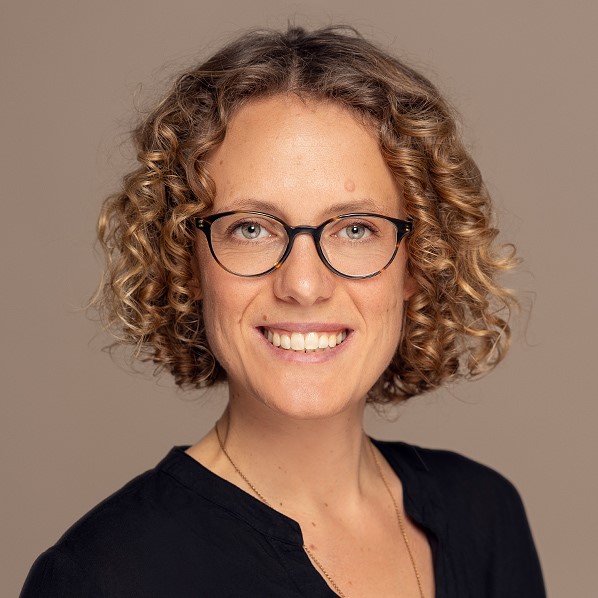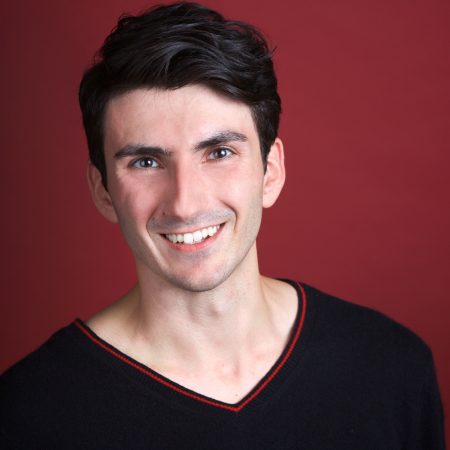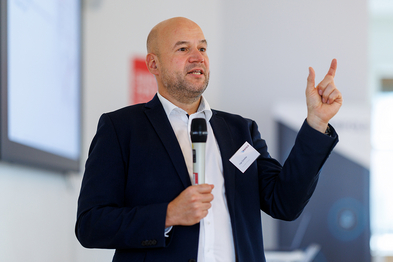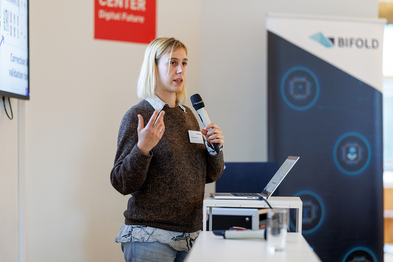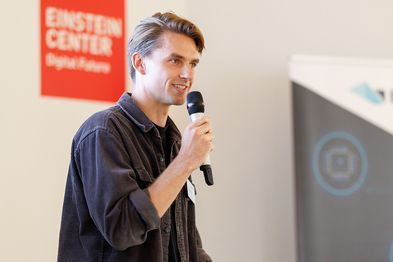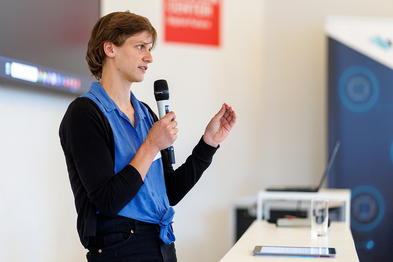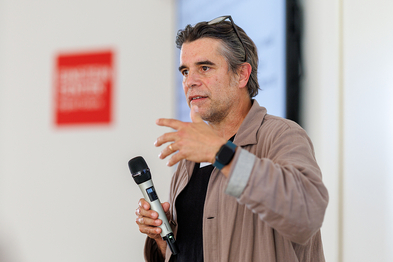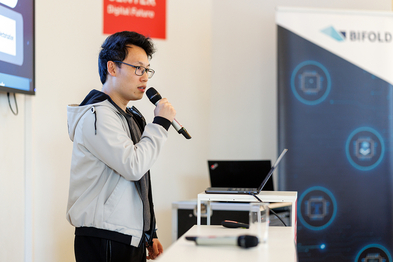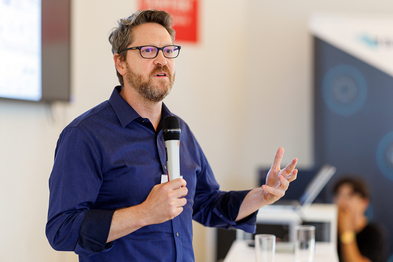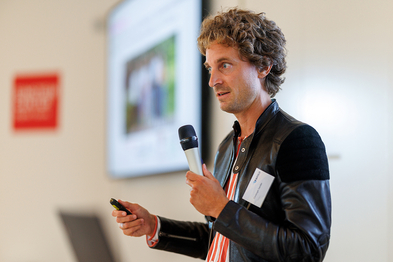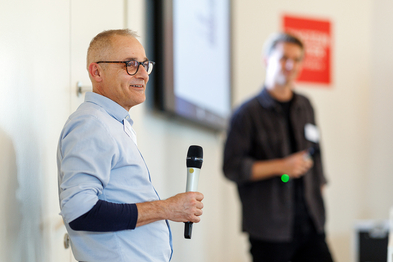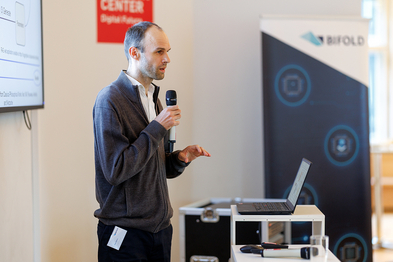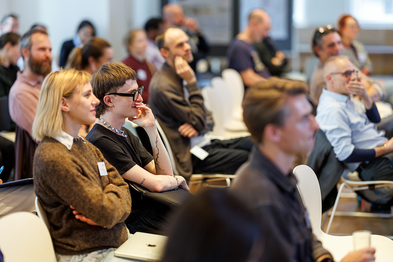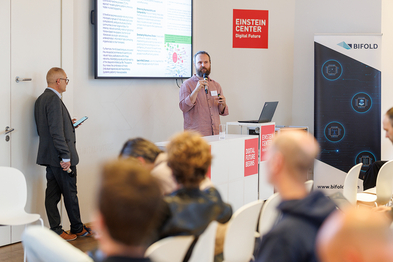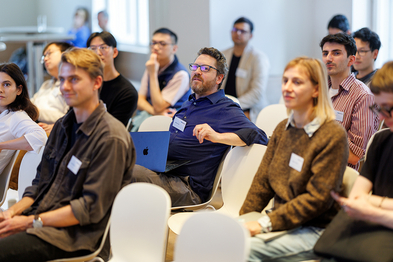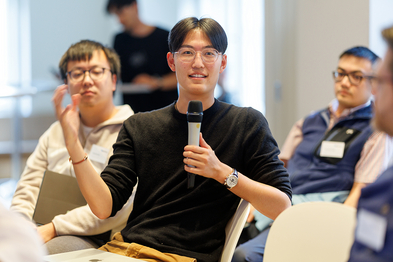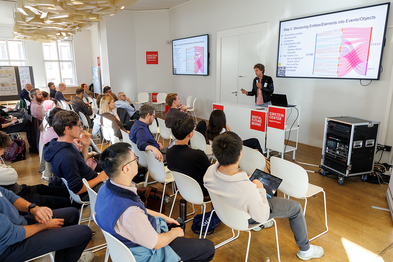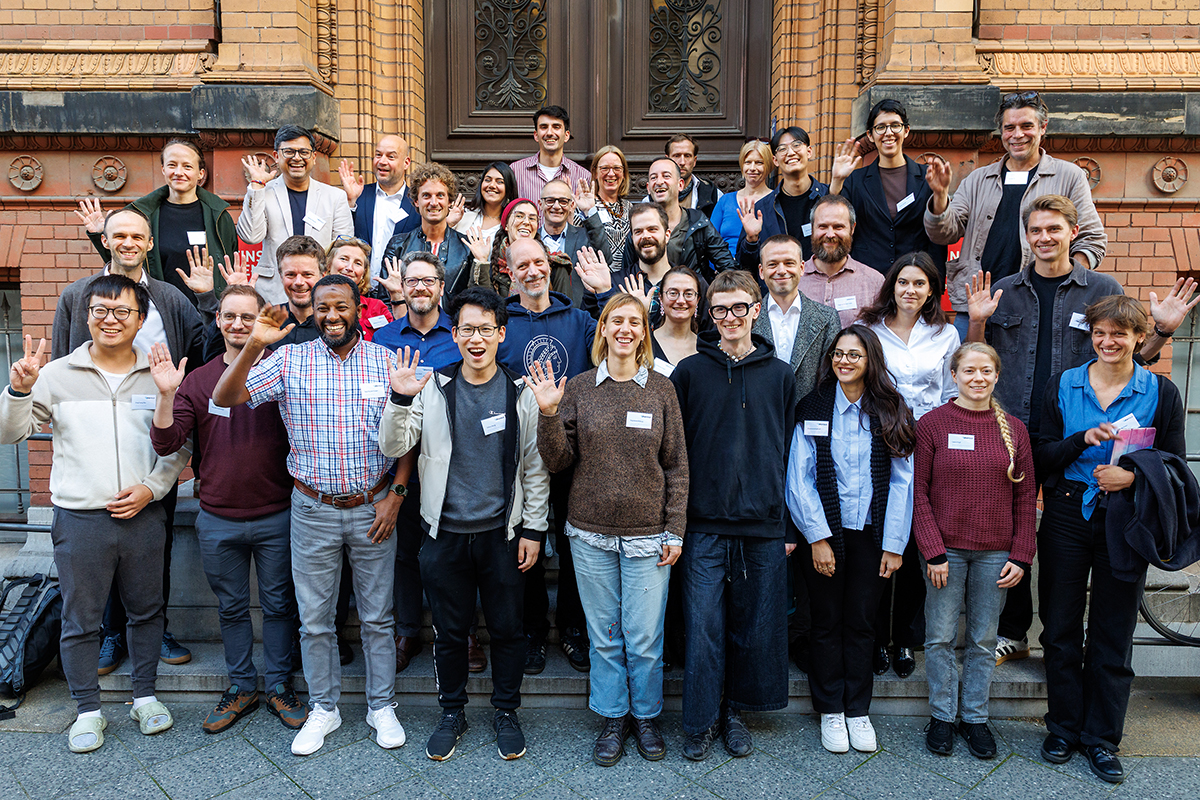
Towards Context-Aware AI
The recent workshop on AI in the Humanities in Berlin, organized by Matteo Valleriani, Oliver Eberle, and Laura Wollenweber, explored how AI can deepen, and importantly also challenge, our ways of understanding culture, language, and history. It was exciting to bring together a diverse group of researchers from both AI and the humanities to discuss how challenges of interpretability, temporality, and low-resource materials motivate methodological innovation and the investigation of novel research questions.
Session 1 – Explainable AI and Insights from Interpretability
Anders Søgaard discussed how explainable AI can help us move from mere model probing to developing property theories which refer to frameworks that explain what features of systems produce certain effects. Jingcheng Niu complemented this perspective by examining how large language models reason about time, while Nils Feldhus highlighted human-centric approaches to explainable NLP. Together, the talks sparked a rich conversation on the limits of first-generation XAI, the tension between transition and property theories, and the potential of interpretability frameworks for humanistic inquiry.
Session 2 – Historical Networks and Cultural Dynamics
Ingo Scholtes showed how temporal graph learning can illuminate the evolving structures of narratives and cultural systems. His work connected computational literary studies with causal modeling, highlighting the challenge of representing the arrow of time in network analysis. Julius Martinetz complemented this keynote by presenting his work on modeling and explaining semantic relationships within historical networks, and Christoph Sander and Jochen Büttner evaluated LLMs as multi-task agents in digital humanities workflows. These presentations highlighted challenges such as modeling long-range temporal dependencies, avoiding over-smoothing in temporal GNNs, and understanding causality through time-respecting graph topologies.
Session 3 – Modeling Language and Low-Resource Humanities Data
Drawing on his pioneering work in African NLP, Seid Muhie Yimam emphasized the importance of equitable representation in language technology. He reminded us that only a small fraction of the world’s languages are computationally supported, a barrier not just technical but epistemic. Sofía Aguilar Valdez and Stefania Degaetano-Ortlieb illustrated methods for modeling language change in scientific discourse, while Joudy Sido Bozan and colleagues showcased AI-augmented visualizations for sustainability assessment in non-Latin script research data. The session sparked thoughtful debate on evaluation challenges, data ownership, and how grassroots collaborations are redefining low-resource research as a community-driven movement.
Session 4 – Foundation Models for the Humanities
John Pavlopoulos explored how foundation models can be made explainable when applied to historical and subjective data. Sarah Lang and the entire DH Group of the Max Planck Institute for the History of Science presented work on adapting object detection models for history of science data, while Naitian Zhou examined frameworks for uncovering cultural meaning within foundation models. Together, these talks underscored the interpretive richness and limits of large models in capturing evolving meaning, raising discussions about subjectivity, temporal drift, and the role of human-AI collaboration in scholarly inquiry.
Poster Session – Applications Across Historical and Cultural Domains
Complementing the workshop’s methodological focus, the poster session showcased concrete applications of AI in the humanities. Presenters demonstrated how computational methods are already transforming research workflows—from extracting knowledge graphs directly from historical sources and tracing conceptual shifts in philosophy with Retrieval-Augmented Generation, to deploying computer vision for analysing visual features in early modern books and building domain-specific ecosystems for historical document processing. Other contributions highlighted challenges of semantic shift in multilingual early modern corpora and explored novel approaches to textual similarity in heterogeneous scientific sources such as the Sphaera corpus. Together, the posters illustrated how AI-based tools are beginning to unlock new forms of evidence, enable comparative analyses across time and language, and support scholars in working with complex and under-resourced cultural materials.
Rethinking AI for the Humanities
Ultimately, the workshop highlighted how essential closer collaboration between AI and the humanities is for developing more reflective, context-aware, and meaningful learning-based models of understanding.
The team also broadened the conversation beyond the academic core: in an interview, Matteo Valleriani and Oliver Eberle discussed the ambition to rethink AI for the Humanities. In addition, the workshop was embedded in a small program of public events. Christoph Sander presented his research on “EFFIZIENT ABER KORRUPT? Verwaltung im 17. und 21. Jahrhundert, untersucht mit KI,” followed by an open discussion. The program concluded with a scientific colloquium featuring Ingo Scholtes.
The workshop team sincerely thanks the Max Planck Institute for the History of Science, the Einstein Center Digital Future and BIFOLD for their support. We also thank all participants for their contributions, curiosity, and the thoughtful discussions that made this workshop a collaborative experience.


